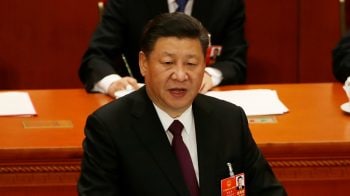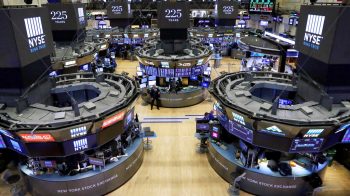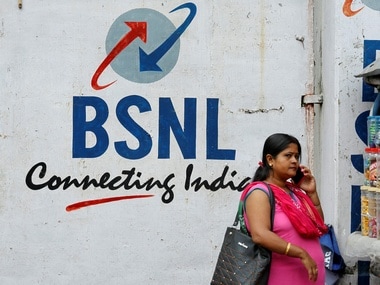Investors should disproportionately put more focus on earning growth trajectory and effective capital allocation
Aishvarya Dadheech
Largest democracy of the world will vote for Lok Sabha Elections in a month. It can be quite easy for investors to get carried away in predicting possible outcome, and its impact on capital markets. It is a widely held belief that electoral outcome, politics and market returns go hand-in-hand.
However, we believe it is the other way around. Over a longer period of time, it is economy which drives politics and not politics which drives economy. Definitely, there will be increase in short-term volatility due to this mega event as observed historically, but on long-term basis, it is nothing more than noise.
Despite short-term volatility, it will be pertinent to mention here the old school of thought: stock prices are slave to earnings, still works.
If we analyse past instances, BSE Sensex fell 11 percent on May 17, 2004 due to surprise defeat of incumbent NDA government; on May 19, 2009, never seen before event in the history of Indian Capital market happened when BSE Sensex jumped 17 percent (hitting 2 upper circuits in a single day!) due to thumping victory of UPA; and in May 2014 (when NDA formed majority government at Centre) BSE Sensex rallied 25 percent one year prior to NDA win.
However, a deeper look suggests that subsequent share market returns were a reversal from the immediate perception of the electoral outcome. After the single day fall in 2004, for the next 3 years, BSE Sensex delivered a whopping 47 percent CAGR returns.
In 2009, similar move occurred but in opposite direction - after a euphoric 17 percent single-day rise, for the next 3 years, BSE Sensex delivered an underwhelming 4 percent CAGR returns.
Even after the 2014 elections, BSE Sensex subsequently delivered only 8 percent CAGR returns for the next 3 years.
This holds true for global market also. US, the largest economy with highest market capitalisation, saw high volatility after the victory of Donald Trump in November 2016, but US market has delivered 30 percent return since Donald Trump got elected as President.
It would again be a case of availability bias, if one were to draw any sort of conclusion between 3-year returns and electoral outcomes. Despite higher volatility in short term, in long run it is only earnings growth that drives share market returns.
Smart investors tend to overlook the short-term noise and focus on companies with strong business models and earnings growth visibility for longer-term gains.
We see volatility as best friend for any long-term investor. Sophisticated investors make most of increased volatility by creating a long-term portfolio.
After a muted stock market performance in Jan’19 and Feb’19, investors who were waiting on sidelines due to expected event of electoral outcome, are now looking at market more aggressively. Nevertheless, we want to reinstate our view that investors should disproportionately put more focus on earning growth trajectory and effective capital allocation by companies rather than any political outcome.
The author is Vice President & Fund Manager at Ambit Asset Management.
Disclaimer: The views and investment tips expressed by investment expert on moneycontrol.com are his own and not that of the website or its management. Moneycontrol.com advises users to check with certified experts before taking any investment decisions.






























































